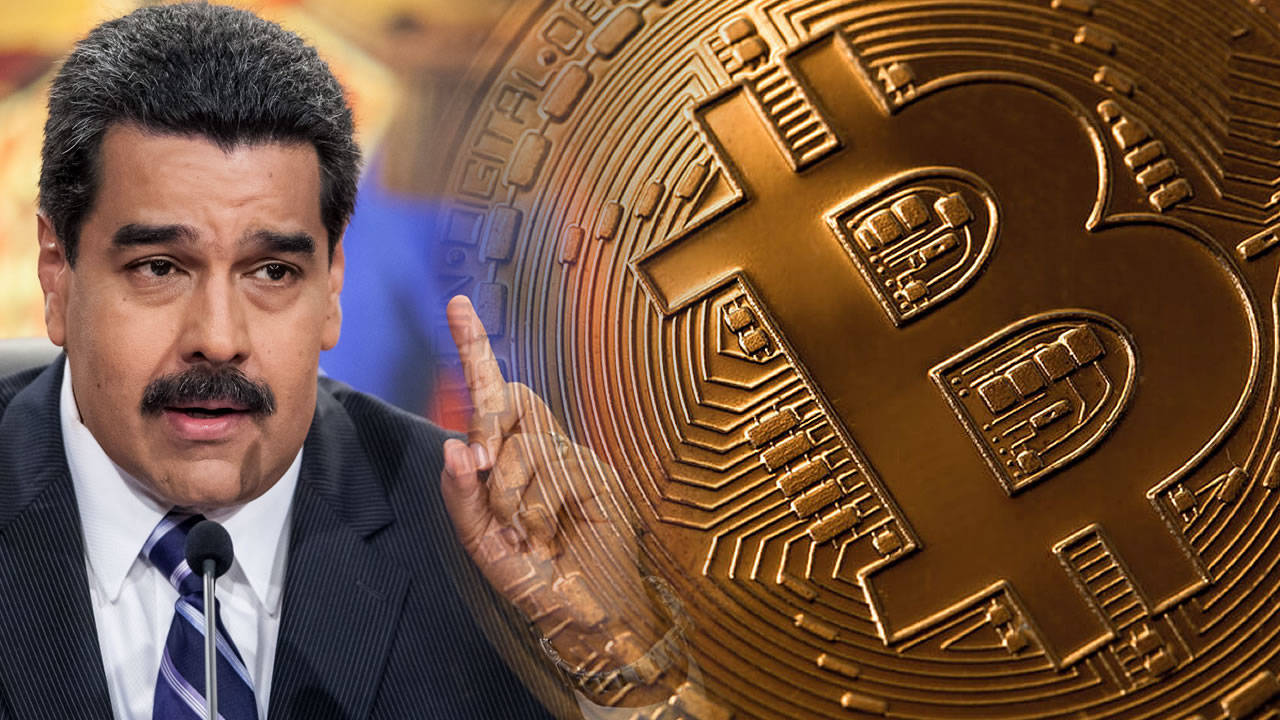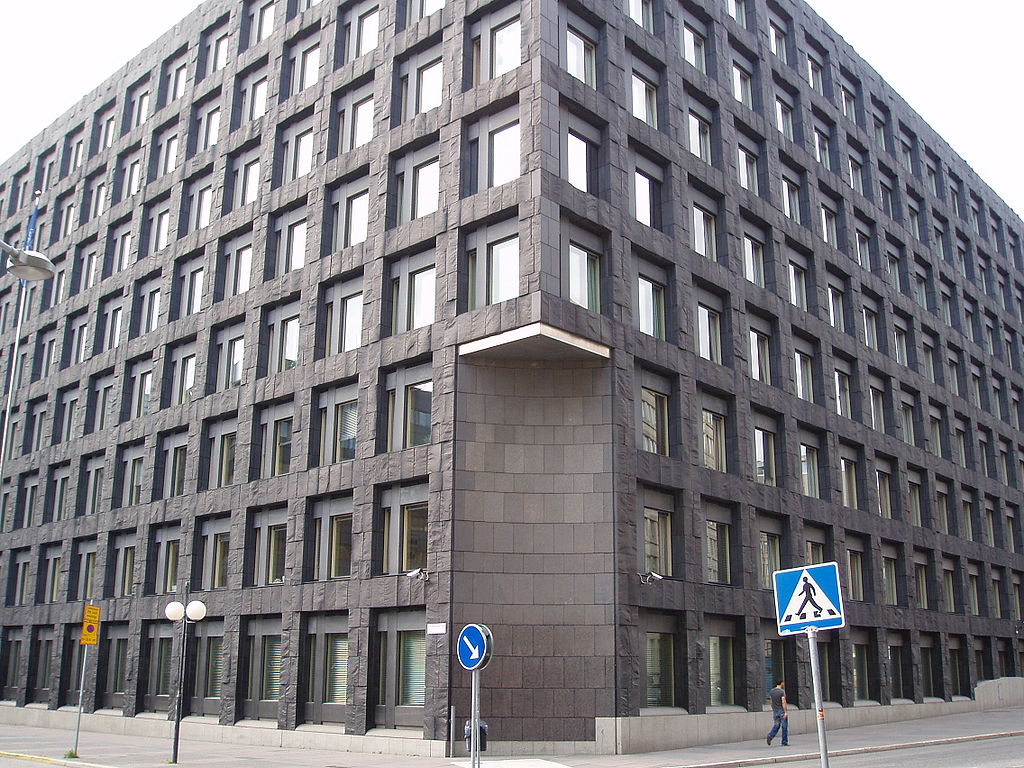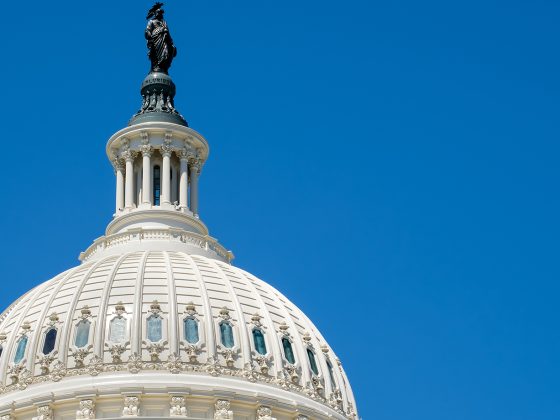On 8 May 2018, anyone who saw Bitcoin as a scam was stunned by a New York Times report that Intercontinental Exchange (ICE), the New York Stock Exchange parent company, was secretly working on building an “online trading platform that would allow large investors and to buy and hold Bitcoin.”
Whether this new market would include other digital currencies besides Bitcoin was not specified in the article. And, as the prudent New York Times noted, “the project could still fall apart”. Maybe so, but news of it comes on the heels of an announcement that Goldman Sachs would set up a Bitcoin trading unit, no doubt a first for a Wall Street bank, even if it won’t offer a full range of trading services.
For now, Goldman Sachs’ new cryptocurrency desk will focus on trading Bitcoin futures and also “create non-deliverable forward products”, i.e. NDFs – meaning it will become a part of the over-the-counter NDF market, a thriving, largely unregulated off-exchange market launched in the 1990’s, mainly to enable countries with an “emerging markets” (notably China and India) to get around the capital controls that hobble them.
There is no doubt that the financial world – especially in its least regulated corners – is warming to cryptocurrencies.
In April, the results of a Thomson Reuters survey of financial institutions found that one in five was considering trading in Bitcoins over the next 12 months. The survey covered more than 400 Thomson Reuters Corp (TRI. N) clients – TRI.N is the parent company of Reuters News and is as a Canada-based provider of news and information for professional markets, and a reference point in the industry.
Not everyone is so happy. Bill Gates said he would “short Bitcoin” if he could, and Berkshire Hathaway CEO Warren Buffet recently told CNBC in an interview that Bitcoin was “rat poison squared”:
Could it be a matter of different generations? The recent clash over “crypto-candy” between Warren Buffett who is in his 80’s and billionaire Elon Musk of Tesla fame who is in his 40’s suggests this might be the case. But Musk does not own any Bitcoins beyond some that a friend of his supposedly gave him and that he lost sight of.
National e-Currencies and Cryptocurrency Markets
Both central banks and banks are paying attention and several hedge funds have even tried their hand playing in virtual currency exchanges. But what is slowing the uptake of digital currencies for now is their high volatility – even though it is somewhat dampened since the crash earlier this year – and the continuing danger from cyber-attacks.
Hackers are capable of walking away with millions, emptying people’s digital currency “wallets” and rocking digital currency exchanges. Investors haven’t forgotten the Mt. Gox theft in 2014 that hurt 24,000 customers around the world who are not likely to ever get their money back, or the more recent one that occurred in January 2018 heist at Coincheck when some $530 million went missing.
Both thefts took place in Japan, long the country most favorable to digital currency trading since they were accepted as a legal method of payment. No more. In April, news came out that the Japanese government is going to impose “strict new standards”, requiring crypto exchanges to register with the Financial Services Agency, that would be given strong oversight. In particular, they won’t be allowed to hold cryptocurrencies on computers linked to the Internet.
Some central banks are moving forward fast, notoriously Venezuela that is in the throes of a hyper-inflation, with its currency, the Bolivar collapsing as the annualized inflation rate reached nearly 14,000 percent in April, according to Reuters.
The Role of the New Petro in the Venezuelan Economy
Venezuela’s President Nicolas Maduro launched a national crypto-currency, the Petro, with the Venezuela’s Constituent Assembly approving the new “oil-backed” currency in April, making it the first country to have a national e-currency. By end April, Venezuela offered a 30% discount to India on petrol purchases if paid in Petro.

Venezuela quickly moved to “certify” 16 cryptocurrency exchanges, as a way to have its Petro accepted on them, including India’s Coinsecure (that incidentally, reported a $3 million theft in April). And Maduro recently claimed that its ICO for Petro raised $3.3 billion. He also announced that he would create several Petro-backed institutions, including an “Industrial and Economic Investment Fund” and a “Youth Bank” to help the unemployed.
For now, the slide of Venezuela out of the concert of nations appears unstoppable. Oil sales have slumped, infrastructures are devastated, hospitals are close to collapse. People are unemployed and going hungry, and the economy is down to prehistoric levels of bartering. You swap bananas, eggs or yuccas for services like a haircut or a parking space.
Unions in Venezuela say the Petro is “an invention of the government to launder drug money”. President Trump signed an executive order banning any US citizen from using the Petro.
In short, the Petro is a (bad) joke.
Will National e-Currencies Ever Come On-board?
Some very serious countries are considering launching an e-currency, notably Sweden and the UK. But it’s not there yet, commercial banks are worried, they don’t like to see their own central bank wade in their territory. In their view, the system works reasonably well as it is, including credit and debit cards and international transfers. So, as the saying goes, if it ain’t broke, why fix it?

Investors in Bitcoin and other digital currencies don’t like the idea either. A broadly-used national e-currency would make any privately-mined digital currency redundant.
There are problems. Even with a perfectly functional blockchain technology supporting the national e-currency, a central bank would find that to successfully launch and manage a national e-currency would be a huge challenge. It would need to considerably expand its staff (and skills) and perhaps its presence on the ground, with information offices to assist users. And it would probably also require overhauling the whole tax system, not a minor task.
Also, as the Bank for International Settlements has warned, digital currencies in times of economic crises may not be the answer and there would be real risks of “digital bank runs”.
Don’t expect e-currencies to come on board anytime soon. But if Wall Street gets interested in a crypto-market, do expect more regulations to come, primarily to ensure against cyber-attacks.
That would certainly be a step forward. But not an easy one to take: Too much oversight, the kind that the U.S. Securities Exchange Commission would exercise if digital currencies were considered “securities” (and not payment tokens), would cause their value to crash. An outcome crypto-currency investors don’t like; what they want is a “safe harbor” for their digital wallets.
How this issue will play out is anyone’s guess.
This article is republished from Impakter.









